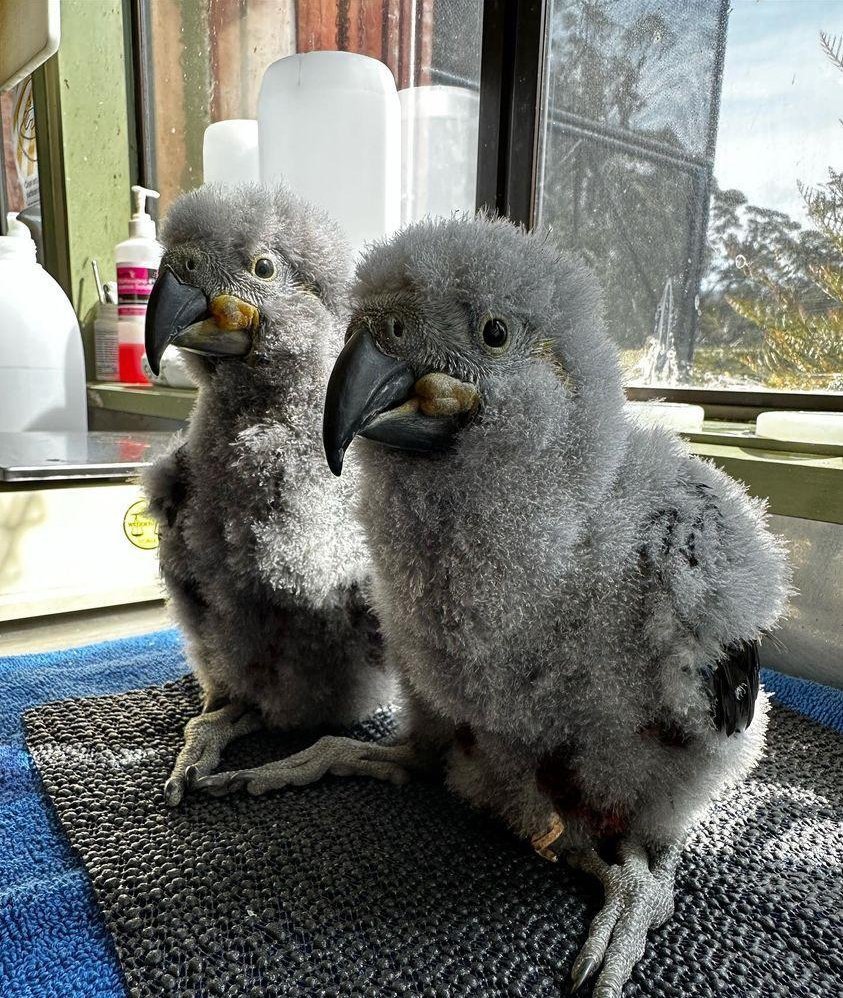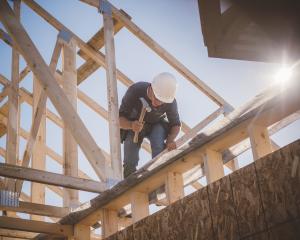
The chicks, which were born in late October, are part of a joint conservation effort between the two groups to bring kākā back to Dunedin skies after a population decline over the last 60 years.
Staff at the gardens’ aviary have not named the adorable fluffballs yet but their growth is being closely monitored and they now weigh an ideal 630g each.
A council spokesperson said there had been an increase in courting, mating and egg laying at the aviary, as the weather starts to warm up.
"Over the summer months, our aviary staff will be busy supporting captive South Island kākā to produce as many chicks as possible and aid their release to the wild."
It could take the chicks two to five months before they were independent enough to be released.
The aviary teamed up with the Department of Conservation (Doc) to use artificial insemination as a way to introduce unrepresented genes making the wild species stronger and more diverse.
Wider conservation efforts across the country have seen kākā numbers increase in the Abel Tasman and Fiordland National Parks.
Doc estimates as of 2021, the South Island kākā population is between 1000-5000 in the wild and declining.
Dunedin residents might be accustomed to seeing native birds like kererū and tūī in their gardens but kākā might be a while away from backyards.
By Rafael Clarke












